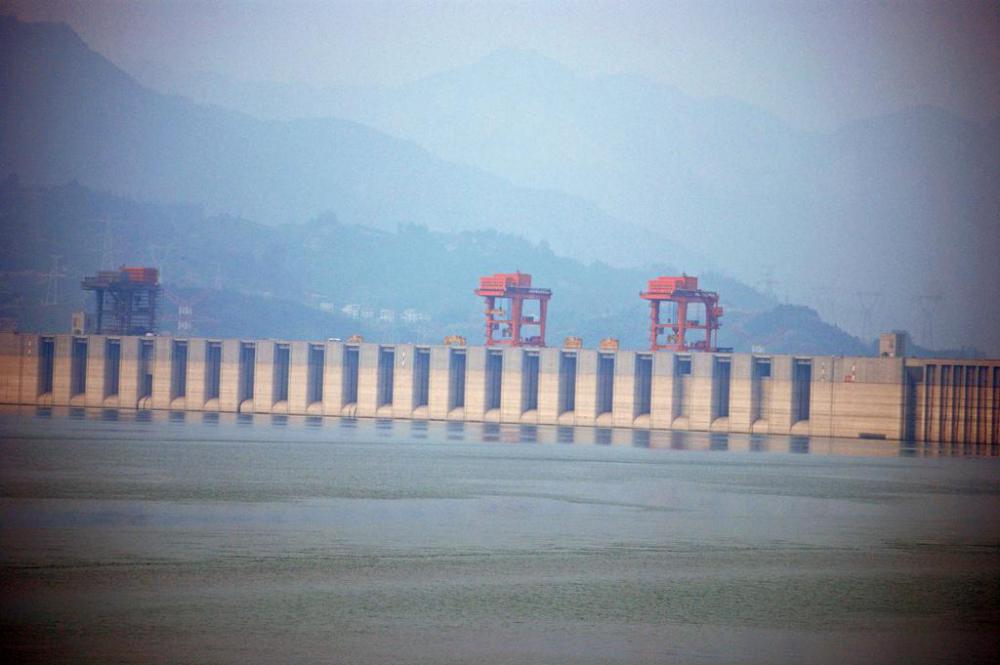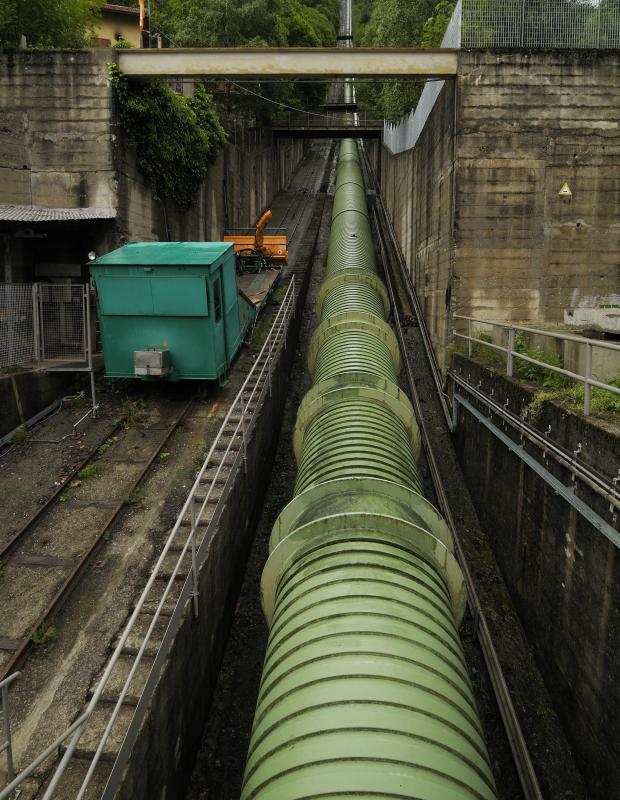At InfoBloom, we're committed to delivering accurate, trustworthy information. Our expert-authored content is rigorously fact-checked and sourced from credible authorities. Discover how we uphold the highest standards in providing you with reliable knowledge.
What Is Fluid Engineering?
Fluid engineering is concerned with the design and implementation of systems that transport fluids or machinery that's function depends on fluid properties. In this context, fluids are all materials that flow with no fixed shape, deform under pressure, and conform to the shape of their containers. Liquids, gasses and plasmas are all fluids. Common projects in fluid engineering might involve the construction of a pipeline, or the efficient design of vehicles.
At the heart fluid engineering is fluid dynamics, the science of fluids in motion. The mechanical properties of liquids are dealt with in the applied science of hydraulics. Pneumatics studies the properties and applications of pressurized gasses. Although these are two distinct disciplines, the fluids involved usually share the same flow phenomena and are described by the same equations.

Hydraulics addresses the practical engineering problems of storing, moving and using liquids. This is in contrast to hydrology, which studies the natural movement of water through the earth's crust. The properties of a liquid at rest is the subject matter of hydrostatics. These come into play when designing dams, hydraulic presses and submersible machinery.

Hydrodynamics deals with fluid engineering problems that involve friction and turbulence. These are typically factors when liquids flowing through pipes or hydraulic pressure is used to drive mechanical devices. The efficient functioning of pumps, turbo machinery and hydraulic motors all depend on the effective control of these forces.
Pneumatics is primarily concerned with the use of pressurized gas to drive mechanical devices. Brake systems, power tools and sprayers are all frequently powered by compressed gas. Fluid engineering produces a wide array of industrial pneumatic devices that rely on compressed atmospheric air. Such a power source is easily available without the leakage dangers associated with the use of other gasses.

Movement through a fluid medium can involve projects as diverse as aircraft design or the production of efficient ship propellers. Fluid engineering is applied to aeronautics by means of Bernoulli's equation, which describes the behavior of fluid flow along a surface. The same equations might also describe properties effecting the movement of liquids through a confined area or the movement of a submarine through the ocean.

In drilling for oil or natural gas, the mud engineer employs fluid engineering principles when choosing the drilling mud, or fluid, which provides hydrostatic pressure in the borehole. The material is injected into the hole in order to exclude extraneous fluids, cool and lubricated the drill bit and assist in carrying drill cuttings to the surface. Compressed air, plain water and water or oil based clay mixtures might be used as the fluid.
AS FEATURED ON:
AS FEATURED ON:
















Discuss this Article
Post your comments